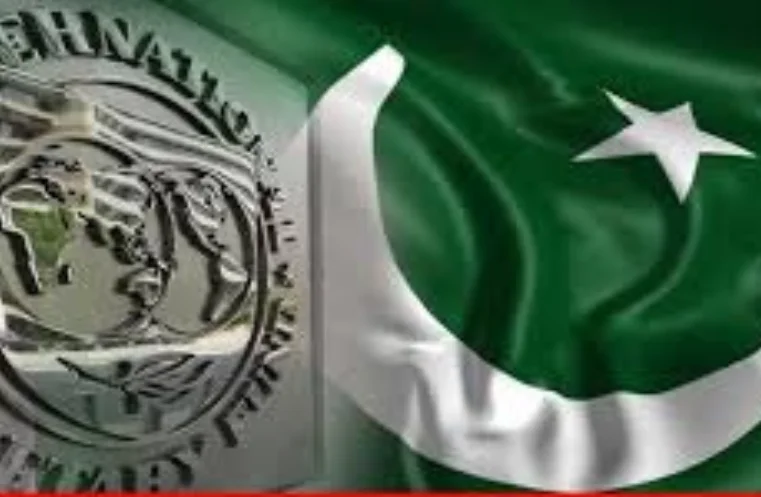Islamabad, Mar 2, 2025: Pakistan is set to begin crucial discussions with the International Monetary Fund (IMF) tomorrow to review its $7 billion loan agreement, according to ARY News.
These negotiations will play a key role in securing the next installment of $1 billion for the country.
The review process will span until March 15 and will be conducted in two stages. The initial phase will focus on technical assessments, while the latter stage will revolve around high-level policy negotiations.
Multiple government bodies, including the Ministry of Finance, Ministry of Energy, Planning Commission, State Bank of Pakistan, Federal Board of Revenue (FBR), Oil and Gas Regulatory Authority (OGRA), and National Electric Power Regulatory Authority (NEPRA), will actively participate in the discussions.
Additionally, separate meetings will be held with representatives from Punjab, Sindh, Khyber Pakhtunkhwa, and Balochistan to address regional economic concerns.
Read More:
Gold Price in Pakistan Drops for the 5th Consecutive Day
A team of nine IMF representatives, headed by Nathan Porter, will remain in Pakistan for approximately two weeks. During this period, they will also provide input on Pakistan’s federal budget for the fiscal year 2025-26.
Sources suggest that if a consensus is reached between Pakistan and the IMF, salaried individuals might experience some financial relief in upcoming economic policies.
Meanwhile, an IMF delegation engaged in discussions with Pakistani authorities on Wednesday, specifically addressing climate financing.
The visiting team expressed concerns over the proposed tax exemptions on electric vehicles, rejecting the incentives outlined in the country’s electric vehicle policy.
Furthermore, the IMF team opposed tax concessions on the domestic sale of electric vehicle parts. Instead, they recommended implementing the standard tax rate under the revised electric vehicle policy.
These negotiations are critical for Pakistan’s economic stability as the country seeks financial support while managing its fiscal policies in line with IMF requirements.
The outcome of these discussions will significantly impact future economic policies and financial planning for the nation.









